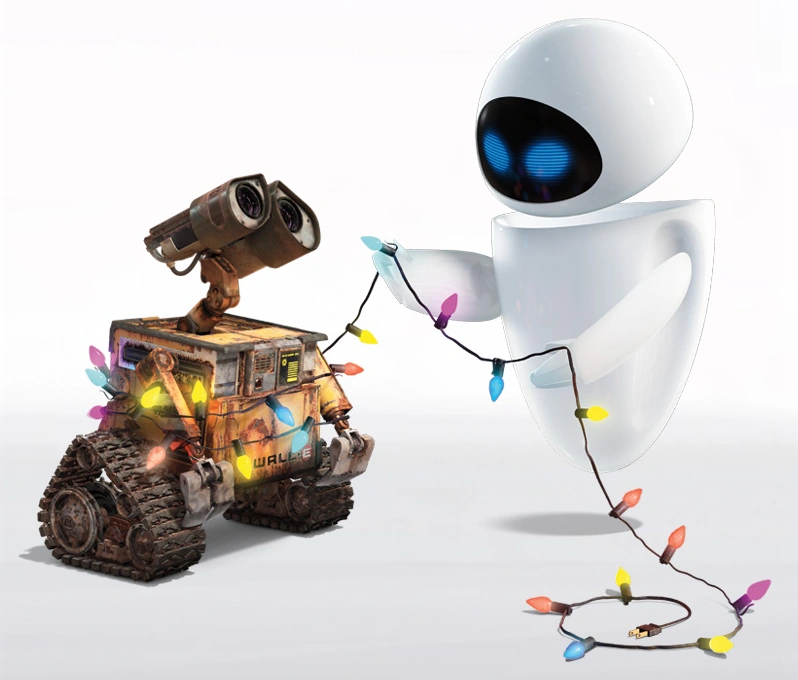What WALL-E Teaches Us About Adaptive and Personalized Learning (David Wiley)
DAVID WILEY (@OPENCONTENT) IS CO-FOUNDER AND CHIEF ACADEMIC OFFICER OFLUMEN LEARNING. THIS POST APPEARED IN EDSURGE FEBRUARY 24, 2016.

One hundred years from now, Earth is an epic wasteland of French fry containers, water bottles and other remnants of mankind’s consumerism. Humans have evacuated on a starship, leaving behind an army of robots to clean up the planet.
So goes the plot of WALL-E, a lighthearted, animated film set in a post-apocalyptic future. While much of the movie’s screen time is dedicated to the exploits of our rusty bot hero, the film also makes some gentle commentary on the impact that living with advanced technology for centuries might have on people.
The starship that humans call home has fully automated systems designed to provide for all their needs—food, drinks, entertainment and even transportation around the intergalactic spacecraft. Although exercise is critically important for people in space to prevent bone loss and other deleterious effects of weightlessness, the humans are moved about by intelligent hovering chairs. They get even less exercise than their Earth-bound ancestors and the effect is, in a word, flab-bergasting.
Just at the moment when exercise is more important than ever, AI has stepped in to prevent the human characters from engaging in it. This sentence, perhaps more than any other, sums up my concerns about adaptive and personalized learning as currently imagined in today’s mainstream edtech marketplace.
Learning on Autopilot
Our world is awash in information. There is some disagreement over the exact amount, but reasonable estimates state that humanity records and transmits a little over three exabytes of information every day. Now, more than ever before, people are desperately in need of skills that will help them determine what is What WALL-E Teaches Us About Adaptive and Personalized Learning (David Wiley) | Larry Cuban on School Reform and Classroom Practice:
